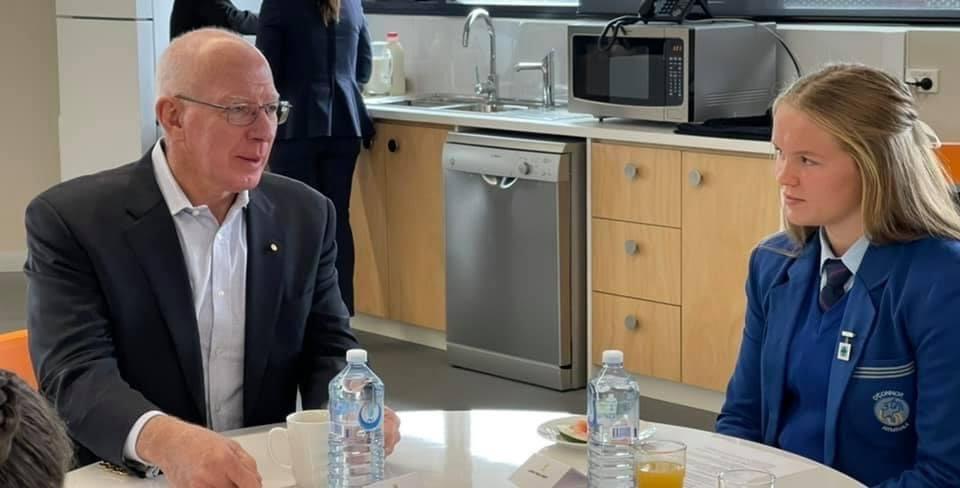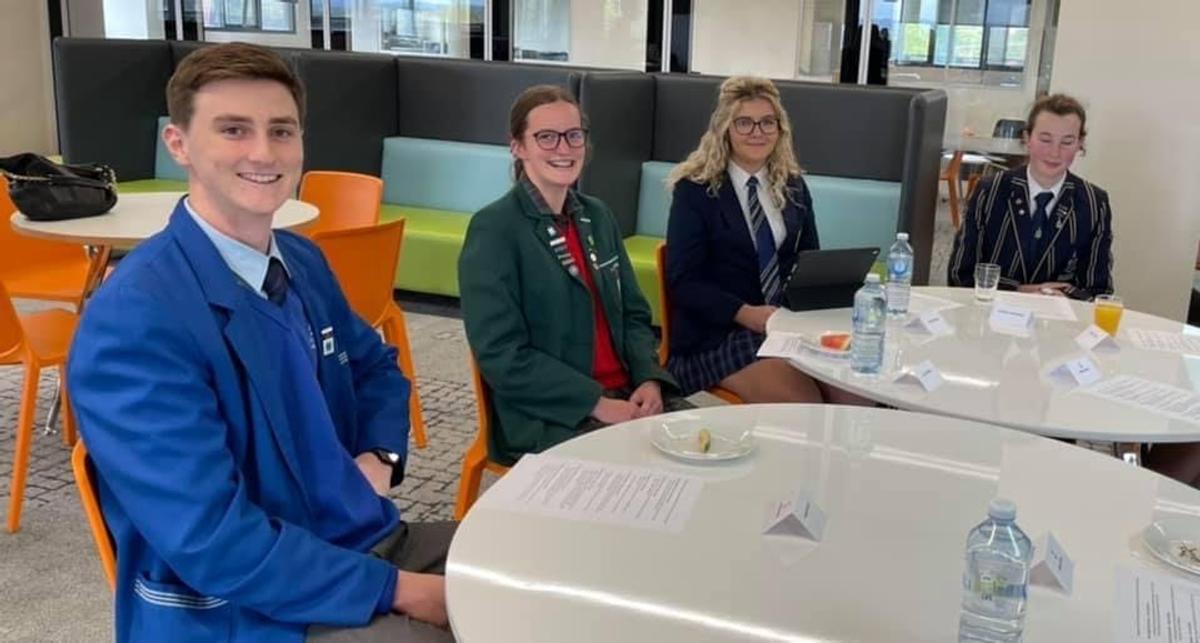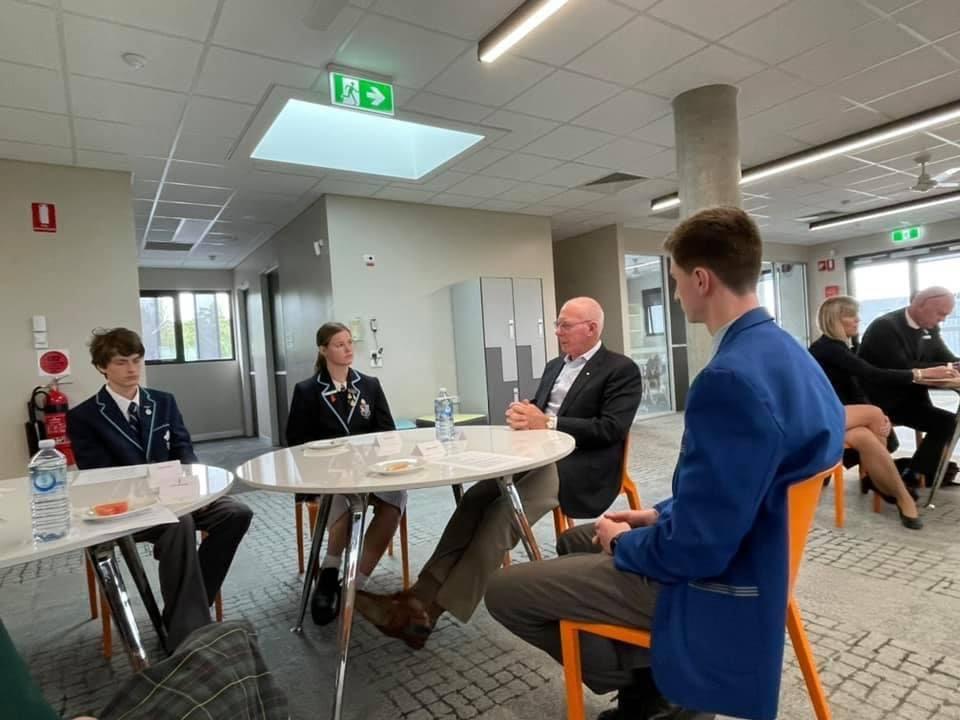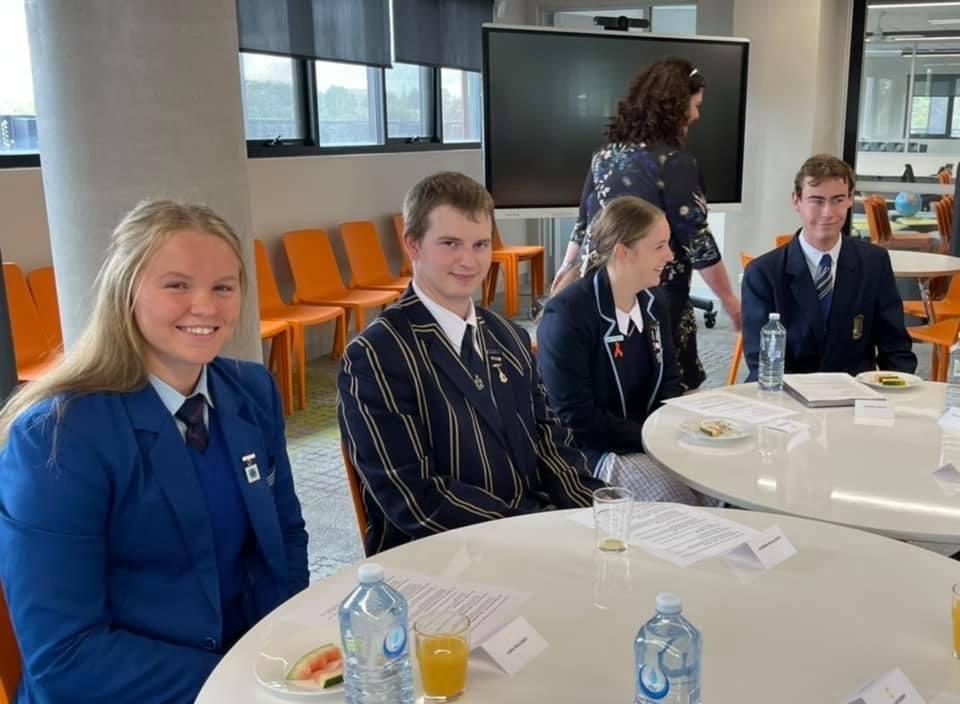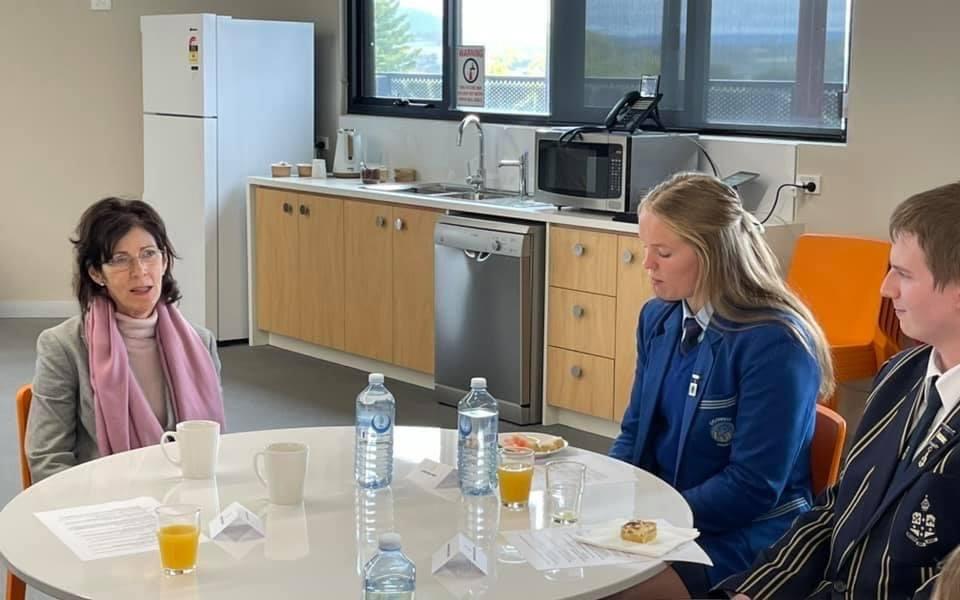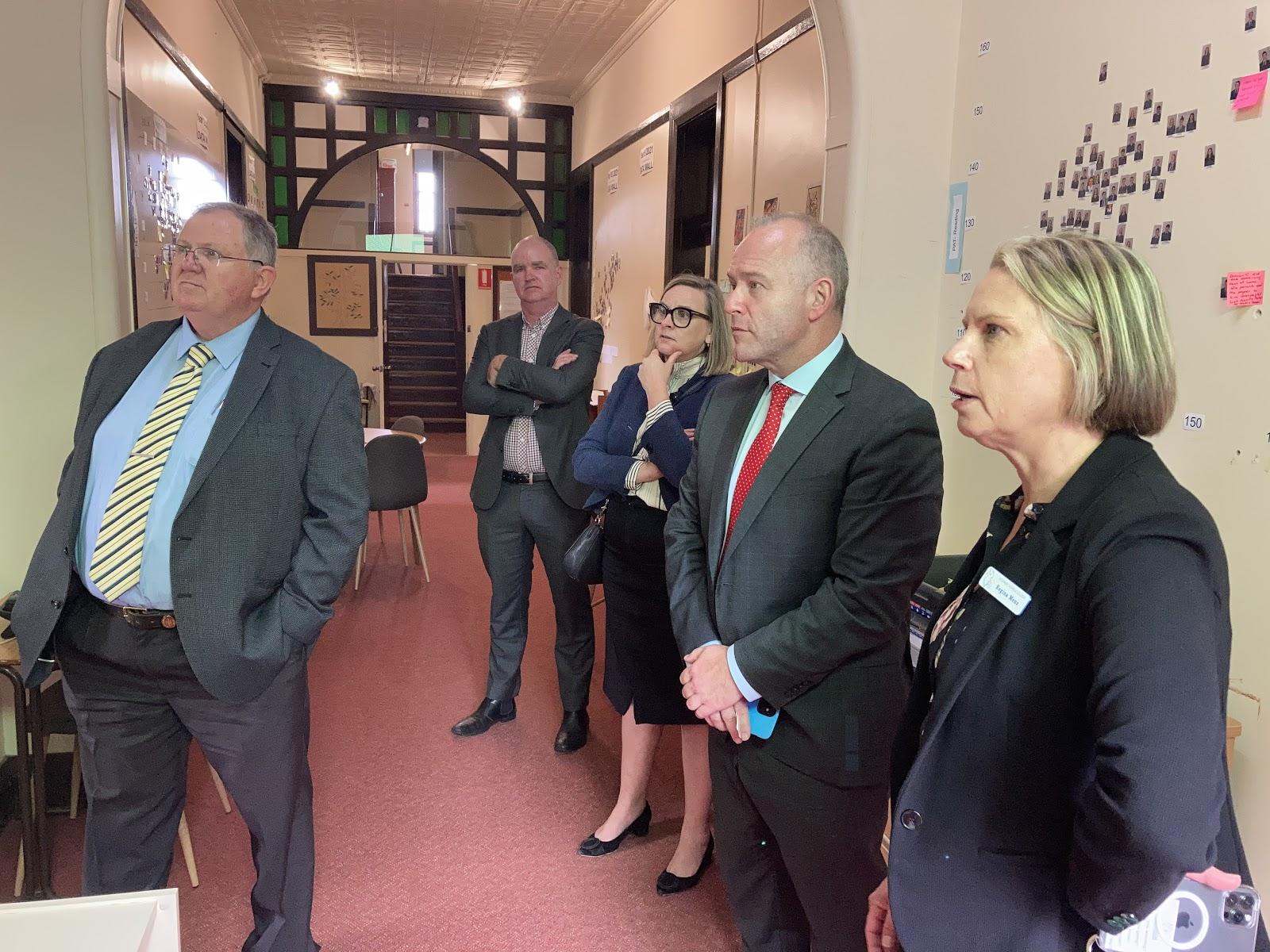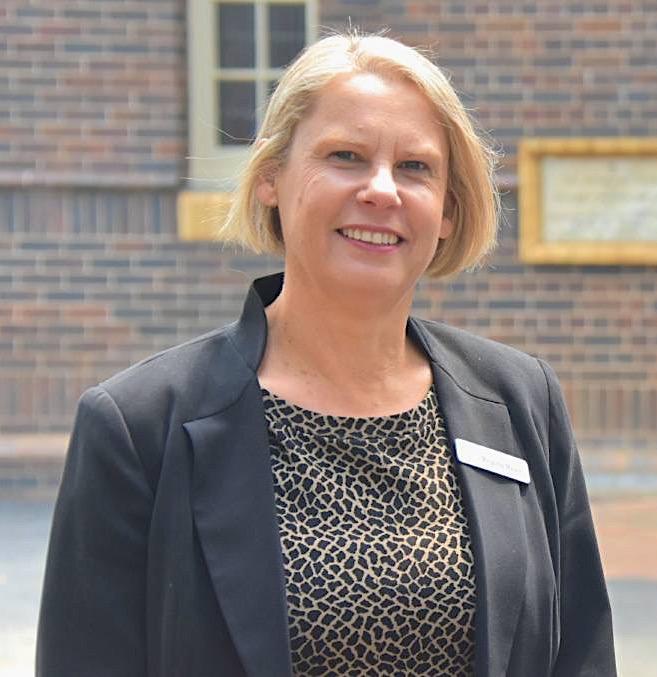Principal's Report
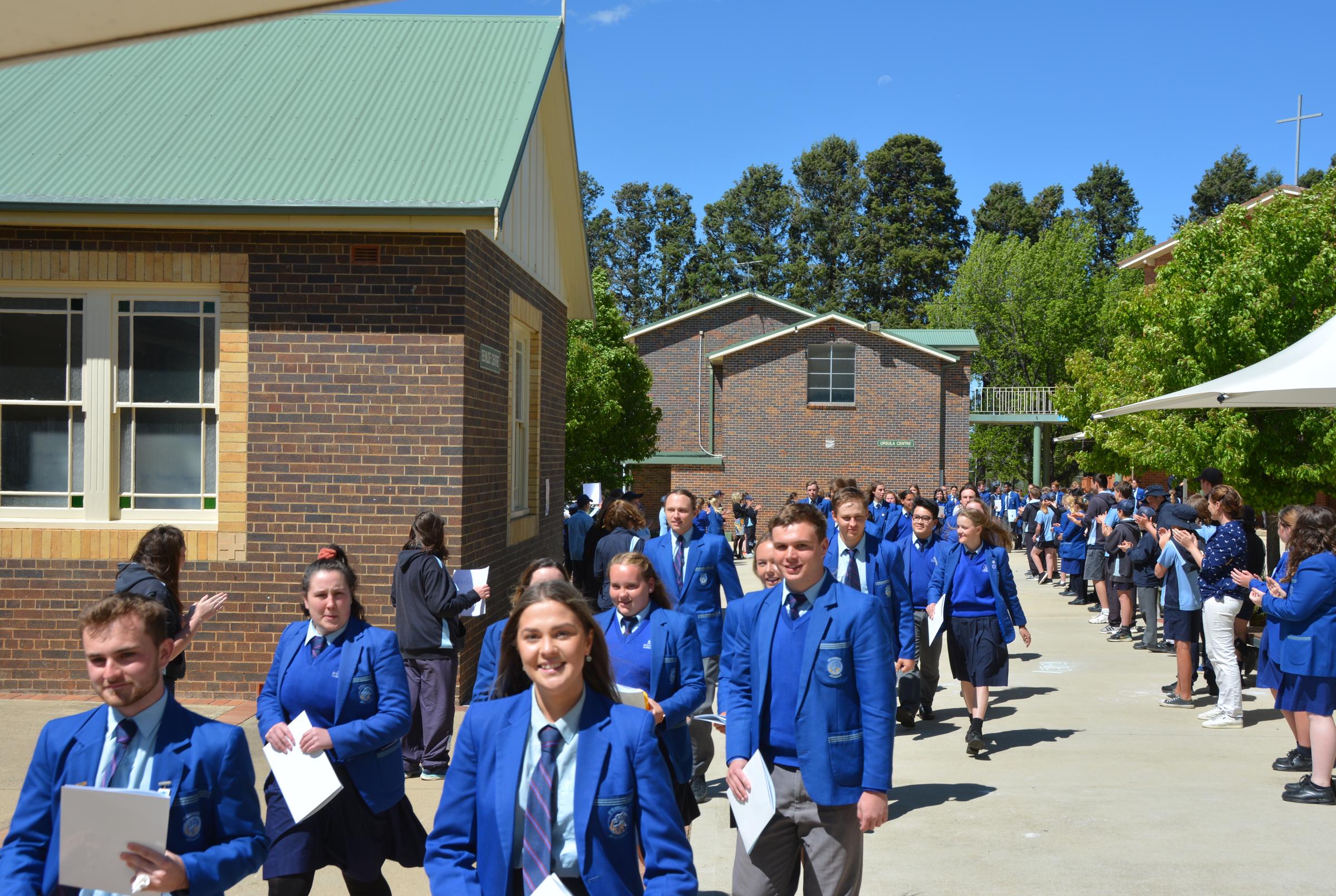
Dear Parents and Carers
Home Learning
Setting up good habits at home is the key to success in learning. Parents and Carers are vital in this role. There are numerous studies into the benefits and problems associated with homework. I have included a link to a research scan done by Public Schools NSW which contains a good summary of the various research papers on homework here.
The summary section of this article outlines the findings -
- The ‘more homework the better’ view has no research support
- The quality of the homework assigned is likely to be more important than the quantity
- Homework must be purposeful and relevant to student needs and should not jeopardise the right of children to enjoy a balanced lifestyle
- The amount of homework and time spent on it should accord with the student’s age and developmental level
- Effort spent on homework is a stronger correlate of academic achievement than time spent on homework
- Year level appears to be a determinant of homework’s academic effectiveness
Most researchers conclude that for primary students, there is no evidence that homework lifts academic performance. There is only a small correlation between homework and achievement in middle school (Cooper, 1989; Walker, 2011). Only in the senior years of high school does homework clearly raise academic performance.
Our home learning policy can be found in the student diary and I have included part of it here:
Key purposes for Home-learning
- Practice – Home-learning which is intended to enable students to practise skills learnt in class, increase the ease with which these skills can be used; and increase their understanding of how and when to use those skills
- Preparation – Home-learning which is intended to ensure student readiness for the next class, most commonly by reading articles to introduce or deepen students understanding or activities which have been started in class and need to be completed as the basis to move on in the next activity
- Participation – Home-learning is intended to increase individual participation in the learning process through mastery and independence
- Personal Development – Home-learning promotes personal responsibility for learning through:
- building competency levels
- ability to follow directions
- complete tasks on time
- achieve a feeling of self-confidence and personal accomplishment
Home-learning Progression
Stage 4 Year 7 & 8 |
|
Stage 5 Year 9 & 10 |
|
Stage 6 Year 11 & 12 |
|
As you can see home learning should progress through Year 7 to Year 12, both in complexity and time given. Every student should be doing home learning every day. Gone are the days when students can get away with the ‘I have no homework’ excuse. Everyone has home learning to do. Parents and Carers need to support this. The difference between students who do and do not complete any home learning in the senior level is marked and has a large impact on their overall learning and learning growth. Preparation and practice is especially important, that is, going over the work that was covered in class, looking at the work for the next lesson (Atomi Hub is perfect for this for Year 11 and 12 students). All students need to commit to home learning and they will reap the benefits in their learning.
Meeting the Governor General
Our Captains, Hamish and Lara, and I joined with school leaders from all the local high schools to meet the Governor General His Excellency, General the Honourable David Hurley AC DSC and Her Excellency Mrs Linda Hurley. It was a wonderful opportunity to ask questions and discuss issues affecting our students and community.
Catholic Schools NSW Visit
On Monday we welcomed representatives from Catholic Schools NSW. Dallas McInerney, CEO and Danielle Cronin, Director, Education Policy joined members of the CSO Leadership Team including Chris Smyth, Director, Gary Burdett, Assistant Director and Justin Matthews, System Performance Leader. During our time together, we did a learning walk through the classrooms, discussed and looked at the progress of our building work, as well as discussing the successes and challenges of a rural catholic high school.
It was a great opportunity to show the great work we are doing at O’Connor to promote learning and to discuss our school and community.
Staffing Term 2
In term 2, we welcome back Mr Andrew May to O’Connor. Mr May has been on military leave for 6 months based in Darwin. We look forward to having him back at O’Connor. I would like to thank Miss Dea Trigwell-Lindley for her work in HSIE this term.
Mr Joseph Bell will reduce his teaching load at O’Connor to 0.2. He will continue to teach Year 12 English Extension 1 and 2. Miss Dea Trigwell-Lindley will pick up the remainder of Mr Bell’s load.
What new learning will you undertake this week?
Regina Menz

